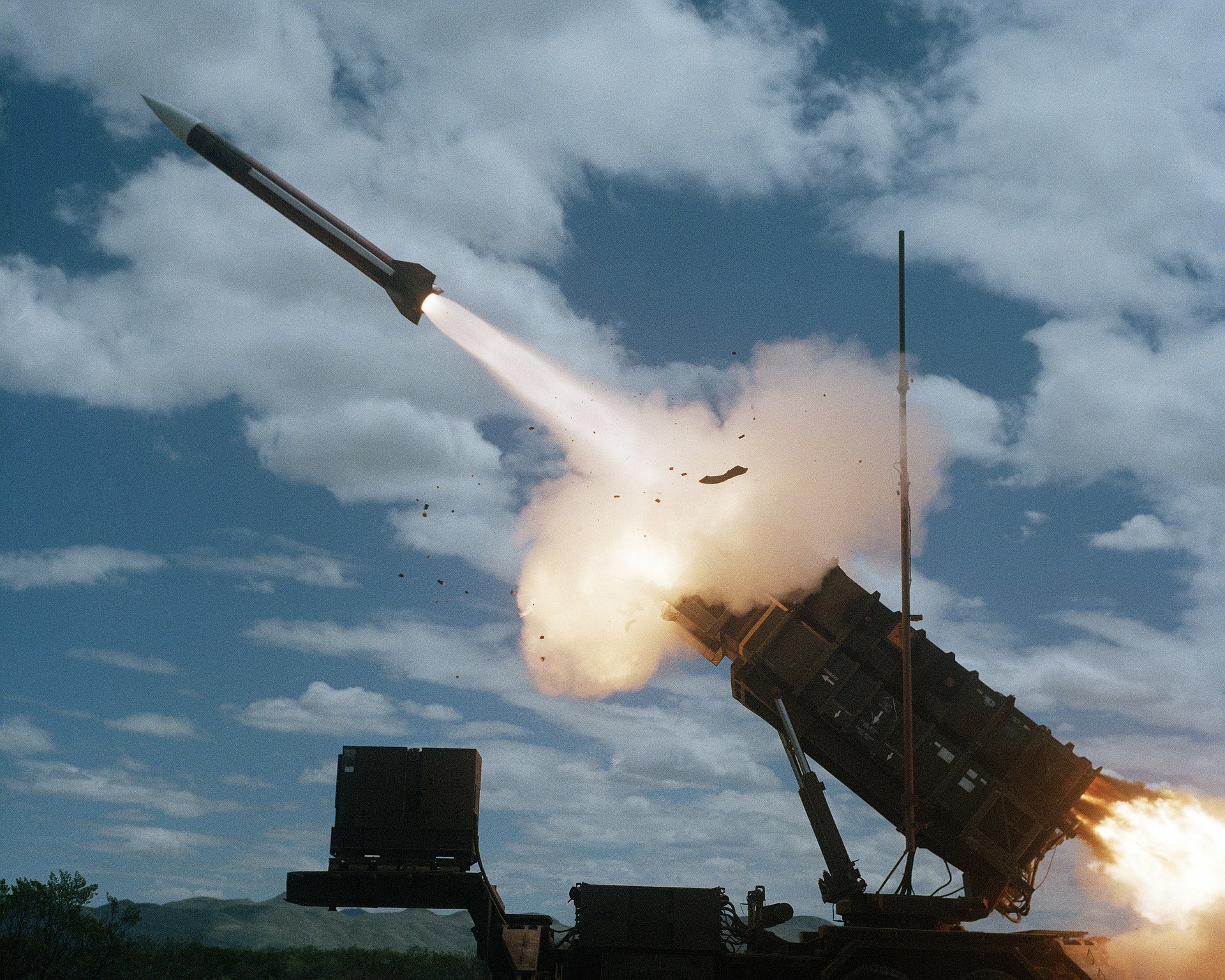
403
Sorry!!
Error! We're sorry, but the page you were looking for doesn't exist.
Hungary supports German chancellor on Taurus projectiles
(MENAFN) In a diplomatic stance that underscores the complexities surrounding the conflict in Ukraine, Hungarian Foreign Minister Peter Szijjarto has expressed support for German Chancellor Olaf Scholz amid intense pressure to supply Taurus missiles to Kiev. Speaking to Russian media, Szijjarto highlighted the challenges faced by Chancellor Scholz, who is under considerable influence from pro-Ukrainian hawks advocating for increased military aid to Ukraine.
The Hungarian foreign minister's comments came in response to a leaked recording of top German military officials discussing the possibility of providing long-range missiles to Ukraine without direct German troop involvement. The leaked conversation, allegedly intercepted by Russian intelligence services, involved Luftwaffe Commander Ingo Gerhartz, his head of operations and training Frank Grafe, and two other officers.
The officials were reportedly preparing a case for Defense Minister Boris Pistorius to present to Chancellor Scholz, who has expressed skepticism about the proposal and reiterated his reluctance to involve German troops directly in the Ukraine conflict. The focus of the debate centered on strategies for the Bundeswehr to obscure its role by utilizing various proxies.
Hungarian Foreign Minister Szijjarto commended Chancellor Scholz for his responsible handling of the situation, emphasizing the Chancellor's clear stance against supplying Taurus missiles to Ukraine. Szijjarto asserted the significance of the Chancellor's words over those of military officials, stating, "I believe Chancellor Scholz acted very responsibly in this case, making it clear that Germany shall not supply any Taurus missiles to Ukraine. I consider this behavior sensible."
The Hungarian government's support for Chancellor Scholz aligns with its broader criticism of the Western response to the Ukraine crisis. Budapest has consistently argued that arming Kiev with the expectation of defeating Moscow is unrealistic. Furthermore, Hungary contends that the punitive economic sanctions imposed by the United States and its allies against Russia have proven counterproductive.
As the debate over military aid to Ukraine continues to unfold within the German leadership, Hungary's stance adds another layer of nuance to the ongoing geopolitical dynamics surrounding the conflict, shedding light on the divergent perspectives within European nations. The article delves into the intricacies of the Taurus missile controversy, exploring the diplomatic intricacies and differing viewpoints on how to navigate the complexities of the Ukraine crisis.
The Hungarian foreign minister's comments came in response to a leaked recording of top German military officials discussing the possibility of providing long-range missiles to Ukraine without direct German troop involvement. The leaked conversation, allegedly intercepted by Russian intelligence services, involved Luftwaffe Commander Ingo Gerhartz, his head of operations and training Frank Grafe, and two other officers.
The officials were reportedly preparing a case for Defense Minister Boris Pistorius to present to Chancellor Scholz, who has expressed skepticism about the proposal and reiterated his reluctance to involve German troops directly in the Ukraine conflict. The focus of the debate centered on strategies for the Bundeswehr to obscure its role by utilizing various proxies.
Hungarian Foreign Minister Szijjarto commended Chancellor Scholz for his responsible handling of the situation, emphasizing the Chancellor's clear stance against supplying Taurus missiles to Ukraine. Szijjarto asserted the significance of the Chancellor's words over those of military officials, stating, "I believe Chancellor Scholz acted very responsibly in this case, making it clear that Germany shall not supply any Taurus missiles to Ukraine. I consider this behavior sensible."
The Hungarian government's support for Chancellor Scholz aligns with its broader criticism of the Western response to the Ukraine crisis. Budapest has consistently argued that arming Kiev with the expectation of defeating Moscow is unrealistic. Furthermore, Hungary contends that the punitive economic sanctions imposed by the United States and its allies against Russia have proven counterproductive.
As the debate over military aid to Ukraine continues to unfold within the German leadership, Hungary's stance adds another layer of nuance to the ongoing geopolitical dynamics surrounding the conflict, shedding light on the divergent perspectives within European nations. The article delves into the intricacies of the Taurus missile controversy, exploring the diplomatic intricacies and differing viewpoints on how to navigate the complexities of the Ukraine crisis.

Legal Disclaimer:
MENAFN provides the
information “as is” without warranty of any kind. We do not accept
any responsibility or liability for the accuracy, content, images,
videos, licenses, completeness, legality, or reliability of the information
contained in this article. If you have any complaints or copyright
issues related to this article, kindly contact the provider above.


















Comments
No comment